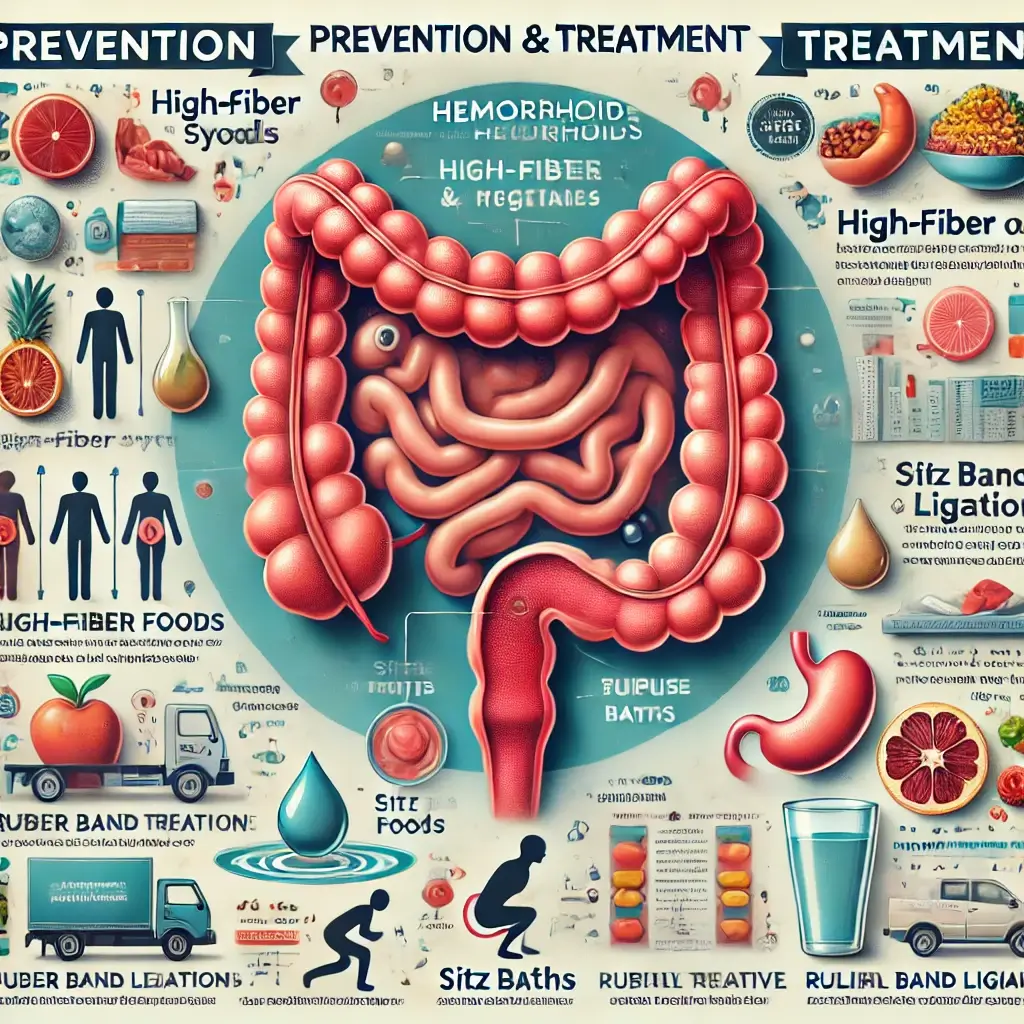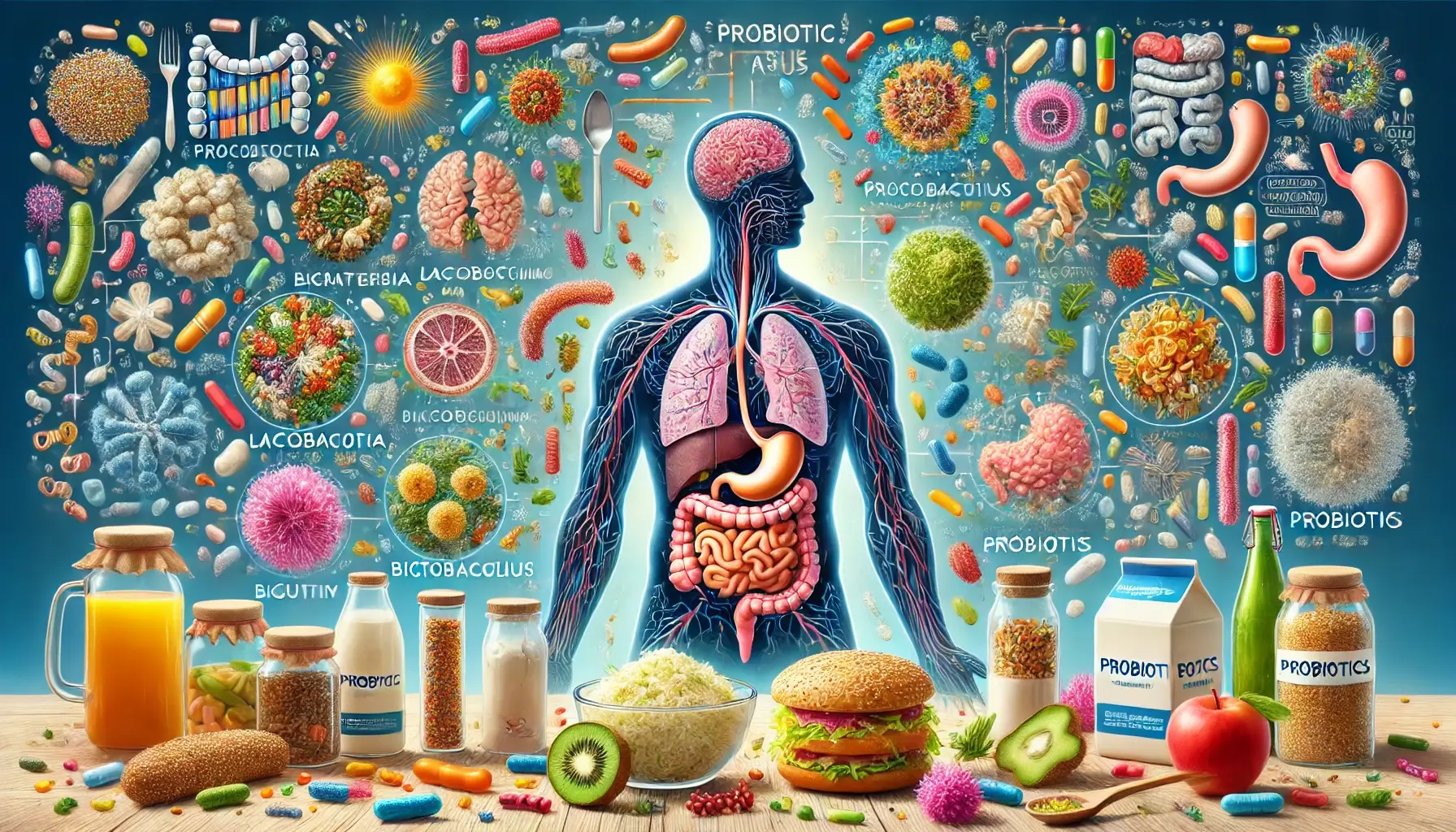Gastric Reflux Disease (Gerd) Causes Dental Erosion
Dental erosion is a widespread dental issue that impacts many individuals. GERD, also known as gastroesophageal reflux disease, is a primary factor contributing to tooth erosion. Gastric reflux disease (GERD) is a digestive ailment that manifests itself when acid from the stomach travels backward into the esophagus, resulting in irritation and other symptoms.
GERD can manifest itself throughout both the nocturnal (sleeping) and the waking (waking up) phases of the day. The percentage of persons who reported having symptoms of gastroesophageal reflux disease (GERD) that also experienced symptoms when they were asleep ranged from 41 percent to 81 percent. There is a correlation between the lighter phases of non-rapid eye movement (non-REM) sleep and more excellent rates of sleep-related gastroesophageal reflux disease (GERD) than there is between the REM stage and the lighter stages of non-REM sleep, particularly during the first two hours of sleep.
In addition, the frequency of these episodes is lower than that of those that occur when the individual is awake, yet the duration of these episodes is significantly longer. From what has been seen, each episode of gastroesophageal reflux disease (GERD) that occurs during sleep often lasts for fifteen to twenty minutes, in contrast to the one to two minutes it takes during the waking state.
These episodes can persist, causing the pH of the esophagus to drop below 4.0 for approximately an hour and a half. This includes ten minutes, during which the pH of the esophagus remains at 1.0. This continues until the pH gradually recovers to a greater than 4.0. An increased risk of erosive damage happening to both the esophageal and extraesophageal tissues is associated with a person who suffers from gastroesophageal reflux disease (GERD), which is caused by sleep. This particular scenario exemplifies the danger.
When acid from the stomach makes its way into the mouth, it has the potential to cause damage to the surfaces of the teeth. Since the acid produced in the stomach is highly acidic, it has the potential to wear away at the enamel found on the teeth over time. Erosion of the enamel, the rugged and protective outer coating of the teeth, can result in sensitivity, discomfort, and even dental decay. Enamel is the substance that covers the teeth.
It is also possible for the teeth to become discolored and brittle as a result of prolonged contact with stomach acid. There is a possibility that the teeth will become loose and fall out in extreme circumstances. For this reason, it is essential to seek treatment for gastroesophageal reflux disease (GERD) as soon as possible to head off any additional damage to the teeth and gums.
Prevention
If you suffer from gastroesophageal reflux disease (GERD), there are measures you may take to prevent the erosion of your teeth. Among them are the following:
Cleaning your mouth with water after vomiting or regurgitation.
Avoiding meals and drinks that are acidic.
Using fluoride toothpaste to help build the enamel on your teeth.
In conclusion, dental erosion brought on by gastroesophageal reflux disease (GERD) can harm your teeth and oral health in general. You may keep your smile attractive and healthy for years if you safeguard your teeth and avoid gastroesophageal reflux disease (GERD).
Outcomes
Because of this, a variety of issues may arise, including the following:
Food and drink sensitivities to both hot and cold temperatures
Experiencing discomfort when eating
Discolored teeth
teeth that are chipped or fractured
Decay of teeth
Preventing tooth decay is essential if you suffer from gastroesophageal reflux disease (GERD). I have some advice for you:
Avoid eating and drinking anything that aggravates your reflux disease (GERD) symptoms. The consumption of spicy meals, fatty foods, acidic foods, coffee, and alcohol are all examples of common triggers.
Consume meals that are modest and frequent throughout the day.
Take care not to eat too close to bedtime.
When you sleep, be sure that your head and shoulders are elevated.
If you are overweight or obese, you should try to lose weight.
Give up smoking.
As directed by your physician, take any available over-the-counter or non-prescription drugs.
There are a few particular things you may take to safeguard your teeth against the erosion caused by gastroesophageal reflux disease (GERD), in addition to these general tips:
Put fluoride toothpaste on your toothbrush and brush your teeth twice a day.
Utilize a toothbrush with gentle bristles.
It is best to refrain from brushing your teeth after eating or drinking, particularly if you have just ingested something acidic.
Drinking or eating should be followed by rinsing your mouth with water.
Fluoride mouthwash should be used.
It is essential to visit your dentist for routine exams and cleanings.
Several therapies are available to aid you if you have previously had tooth erosion due to gastroesophageal reflux disease (GERD). As an illustration, your dentist could suggest fluoride treatments, bonding, veneers, and other similar procedures. Implants such as dental crowns or bridges could be required in more severe situations.
You may safeguard your teeth and maintain a healthy smile by preventing and curing dental erosion caused by gastroesophageal reflux disease (GERD).













